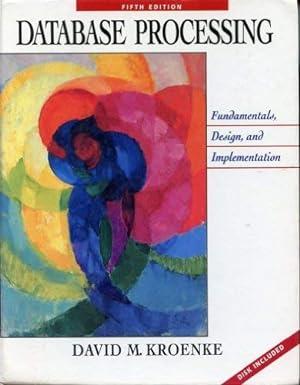Question
This program is supposed to output the Calkin-Wilf tree. In other words it's supposed to show the fractions such as 1/1 and then next level
This program is supposed to output the Calkin-Wilf tree. In other words it's supposed to show the fractions such as 1/1 and then next level is 1/2 and 2/1 ect
Please help with this thanks.
Please do not write it out I have a hard time reading other peoples hand writing please just type it out. thanks
write a c++ program that implements and tests the following two functions related to the Calkin-Wilf enumeration of the positive fractions:
The two functions below are supposed to be used in the c++ program. Please do not just copy the code below it is just used for an example. These two functions need to be in a new program and tested. Please HELP!!!
Fraction cwfrac(int p); //Returns the fraction in position p in the Calkin-Wilf enumeration.
int cwpos(Fraction f); //Returns the position of the fraction f in the Calkin-Wilf enumeration.
Here is an example of what I am talking about:
#include
struct Fraction { int numerator; int denominator; };
const int COLS = 10; const int ROWS = 1024;
void calkin_wilf_tree(int, Fraction [][COLS]); //Constructs the Calkin-Wilf tree of a given height //in the specified two-dimensional array.
int main() { Fraction cw[ROWS][COLS]; //Two-dimensional array to hold the Calkin-Wilf tree. int h;
cout << "This program computes and outputs the Calkin-Wilf tree of height h." << endl;
cout << "Enter an integer h between 0 and 9 (a negative value to quit): "; cin >> h; while (h >= 0) { calkin_wilf_tree(h,cw);
//Output the result as a table with 2^(h + 1) - 1 rows and h + 1 columns. //The fractions at level k are in column k, 0 <= k <= h; //a right child is in a row above its parent's row, while //a left child is in a row below its parent's row. for (int r = 0; r < pow(2,h + 1) - 1; r++) { for (int c = 0; c <= h; c++) if (cw[r][c].numerator == 0) { //Replace any 0s with *. cout << setw(3) << right << " "; cout << "*"; cout << setw(3) << left << " "; } else { cout << setw(3) << right << cw[r][c].numerator; cout << "/"; cout << setw(3) << left << cw[r][c].denominator; } cout << endl; } cout << endl << endl; cout << "Enter the next value of h: "; cin >> h; }; system("pause"); return 0; }
void calkin_wilf_tree(int h, Fraction cw[][COLS]) { int initial_parent_row; //Row index of the first parent fraction in a given column. int parent_row; //Row index of the current parent row. int child_offset; //Used to locate the children of the parent fraction.
//Initialize the array to all 0s. for (int r = 0; r < pow(2,h + 1) - 1; r++) for (int c = 0; c <= h; c++) { cw[r][c].numerator = 0; cw[r][c].denominator = 1; }
//Place the fraction 1/1 - the root - in column 0. initial_parent_row = pow(2,h) - 1; cw[initial_parent_row][0].numerator = 1; cw[initial_parent_row][0].denominator = 1; child_offset = pow(2,h - 1);
for (int c = 1; c <= h; c++) { //Compute the fractions in column c. parent_row = initial_parent_row; for (int i = 1; i <= pow(2,c - 1); i++) { //Note that there are 2^c fractions in column c. //Compute the right child. cw[parent_row - child_offset][c].numerator = cw[parent_row][c - 1].numerator + cw[parent_row][c - 1].denominator; cw[parent_row - child_offset][c].denominator = cw[parent_row][c - 1].denominator; //Compute the left child. cw[parent_row + child_offset][c].numerator = cw[parent_row][c - 1].numerator; cw[parent_row + child_offset][c].denominator = cw[parent_row][c - 1].numerator + cw[parent_row][c - 1].denominator; parent_row = parent_row + 4*child_offset; } //Initialize parent_row and child_offset for the next column. initial_parent_row = (initial_parent_row + 1)/2 - 1; child_offset = child_offset/2; }
}
Step by Step Solution
There are 3 Steps involved in it
Step: 1

Get Instant Access to Expert-Tailored Solutions
See step-by-step solutions with expert insights and AI powered tools for academic success
Step: 2

Step: 3

Ace Your Homework with AI
Get the answers you need in no time with our AI-driven, step-by-step assistance
Get Started


